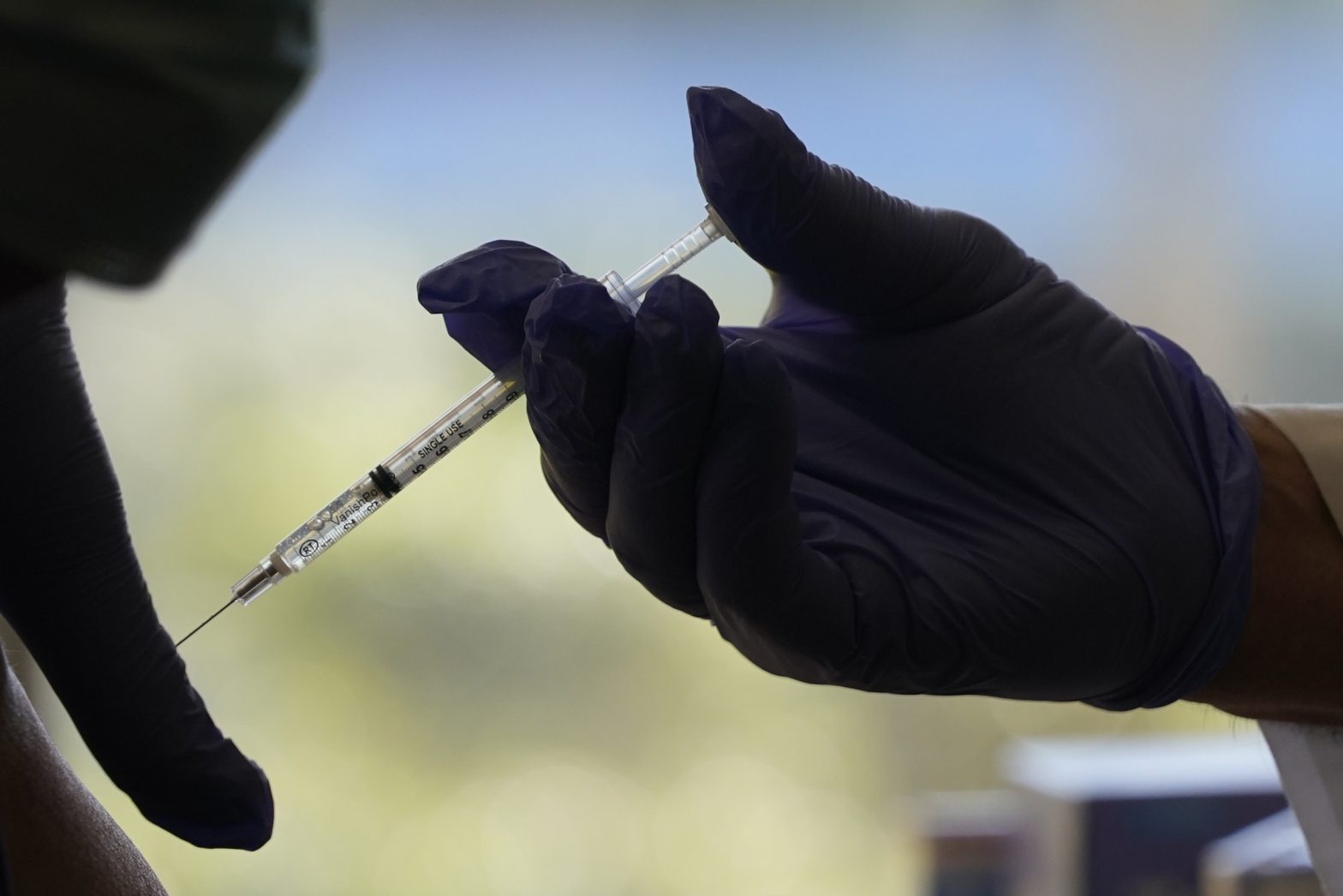State Health Officials Ask Congress to Help in COVID-19 Vaccinations

WASHINGTON — Signs of hope are emerging to end the COVID-19 pandemic but they will continue only if the United States speeds up its rate of vaccinations, state health officials told a congressional subcommittee Tuesday.
The number of vaccinations administered this week surpasses the number of new COVID-19 cases, meaning the tide is turning against the potentially deadly disease, according to U.S. government estimates.
However, new and more contagious strains of the disease from Brazil, Britain and South Africa mean any recent progress with vaccinations might be short-lived without a faster pace for administering them, said Rep. Diana DeGette, who chairs the House Energy and Commerce subcommittee on oversight and investigations.
“If we don’t ensure that Americans get vaccinated quickly, the effort will be in vain,” DeGette said.
She added, “The end of this nightmare is in sight. Now is the time to double down on our efforts.”
The state health officials asked the subcommittee on oversight and investigations for closer coordination between the federal government and states in confronting the pandemic.
They want the vaccines produced in greater volume, logistical support from business leaders and additional funding for medical testing, vaccine distribution and tracing the movement of the disease. They also want the federal government to streamline administrative procedures.
“Our providers are overburdened by onerous enrollment, tracking and enrollment systems,” said Joneigh S. Khaldun, chief medical executive for the Michigan Department of Health and Human Services.
Any decisions in Congress about how to ramp up vaccination schedules are likely to come from a pending coronavirus aid package.
President Joe Biden and his Democratic supporters seek $1.9 trillion, much of it to help low-income and newly unemployed persons who have been hit hardest by the pandemic. Republicans want a more modest $600 billion package that would be targeted to needs that offer the greatest return on investment.
Republicans, for example, want much of any aid package Congress approves to be spent on speeding up production and distribution of vaccines.
The House and Senate are set to vote on a budget resolution for pandemic relief as soon as this week. A final vote is likely in March.
The Republican proposals won implicit support from state health officials who testified to Congress Tuesday.
Several of them said they are ramping up their network of health care providers to vaccinate residents but they cannot get the number of vaccines they seek from pharmaceutical companies.
“We simply need more supply,” said Jill Hunsaker Ryan, executive director of the Colorado Department of Public Health and Environment.
Colorado ranks eighth among the states for the highest rate of vaccinations, she said.
West Virginia, along with North Dakota, is a national leader with one of the highest rates of vaccinations. Roughly 85% of West Virginia’s supply of COVID-19 vaccine has been administered to residents, leading to a steady decline in infections since mid-January, according to the West Virginia Department of Health and Human Resources.
Clay Marsh, a doctor who oversees the state’s vaccination program, urged Congress to take a bigger role in coordinating supply and distribution of vaccines among the states.
“The only way we’re going to succeed is together,” he said.
Rep. Morgan Griffith, R-Va., suggested that states plagued by distribution problems take lessons from others that are succeeding in their vaccination programs.
“A successful effort by one state can be a model for other states,” Griffith said.
Nationwide, pharmaceutical companies Pfizer BioNTech and Moderna shipped more than 49 million doses to customers throughout the United States by Monday, according to the Centers for Disease Control and Prevention. The states have administered about 26 million of the doses.
Last week, 1.2 million Americans a day were receiving vaccinations, which is consistent with President Joe Biden’s pledge of 100 million doses in 100 days.
Leading proposals in Congress for increasing the U.S. vaccine supply focus on public-private joint ventures. The government would pay for vaccine manufacturing equipment but various companies would operate it. They also would distribute the vaccines.
Supporters of more public-private ventures include Biden, who said after he was inaugurated Jan. 20 that would invoke his authority under the Defense Production Act to increase the nation’s supply of COVID-19 vaccines.
The 1950 federal law authorizes the president to require businesses to accept and prioritize contracts for materials considered necessary for national defense.
























